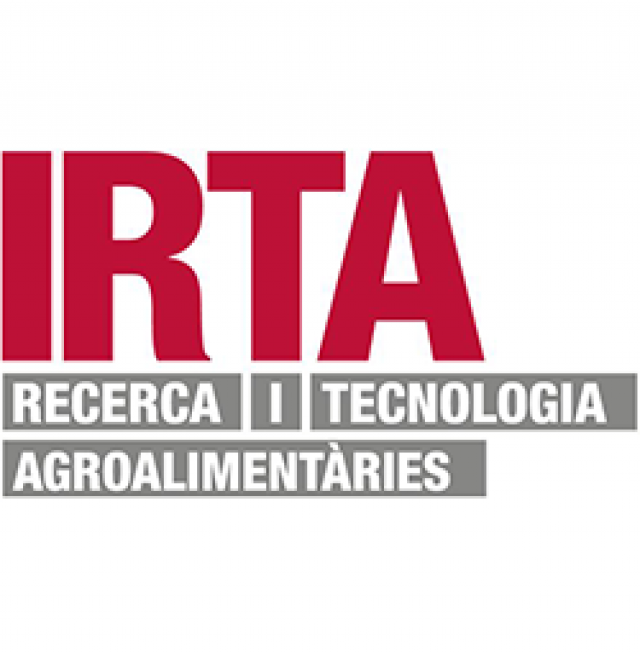- Institution: Institute of Agriculture and Food Research and Technology (IRTA)
- Department/Service: Food Industry Area. Food Safety Program
- Location:
Finca Camps i Armet s/n
17121 Monells (Girona) - Web: http://www.irta.cat/es
- Contact:
Sara Bover Cid
Phone number: (+34) 972630052
e-mail: sara.bovercid@irta.cat
Collection content
Microbial group/s: Bacteria
Total number of strains: ~900
Taxa (number of strains):
-Lactobacillus (>500)
L. sakei
L. curvatus
L. plantarum
L. gasseri
L. casei
L. rhamnosus
L. salivarius
-Leuconostoc (10)
-Enterococcus (>100)
E. faecalis
E. faecium
E. durans
E. hirae
E. gallinarum
E. casseliflavus
E. malodoratus
E. devriesei
E. gilvus
-Staphylococcus (>200)
S. aureus
S. equorum
S. xylosus
S. warneri
S. carnosus
-Enterobacterias:
Escherichia coli (6)
Salmonella (25)
Yersinia enterocolitica (4)
-Others
Carnimonas nigrificans (7)
Pseudomonas (9)
Listeria monocytogenes (30)
Isolation source/Origin: Most from meat, meat products, manufacturing environment. Some of intestinal origin.
Preservation method: -80°C (20% glycerol).
Information management: Excel file. Strains are classified with CTC number.
Characterization level:Identification at the level of genus, species, subsp./serotype in some, with information on date of isolation, origin. Characteristics of interest them (biochemical properties, virulence, antimicrobial metabolites ...) are known for some of them.
Services
Expertise
Key words:
pathogens, lactic acid bacteria, antimicrobials, shelf life, emerging conservation technologies, molecular biology, predictive microbiology.
Summary:
The Food Safety Program develops, optimizes and validates analytical methods for the detection, quantification, characterization and molecular typing of microorganisms. It researches and transfers knowledge to the agri-food sector on the impact of various processing and preservation technologies on food quality, safety and shelf life, through durability studies, challenge tests and predictive microbiology.

